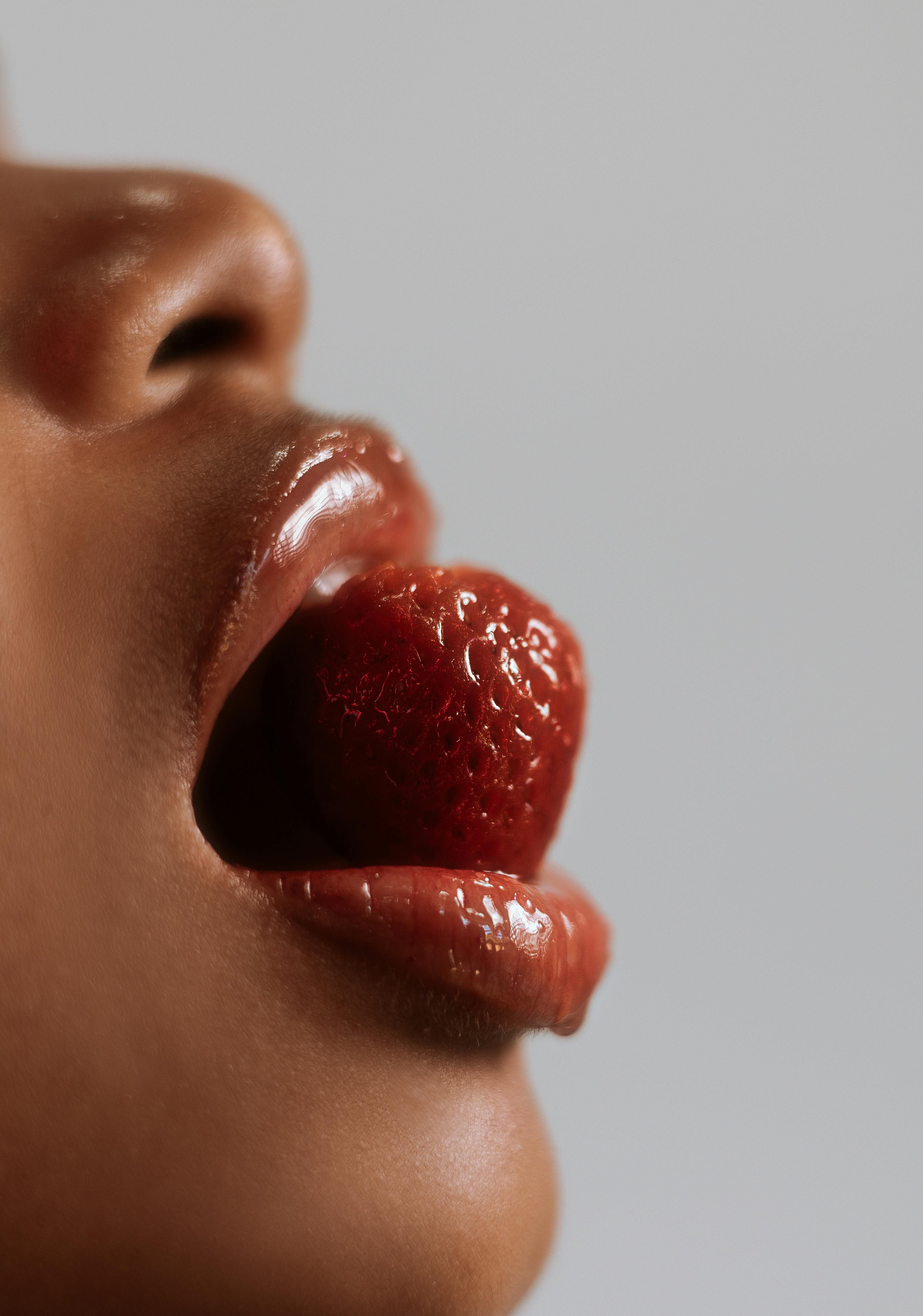Growing Bebe’s Legacy: Shifting Mental Health Culture Through Conversations

In 2008, inspired by Bebe Moore Campbell’s charge to end stigma and provide mental health support for minoritized communities, July was designated as Bebe Moore Campbell National Minority Mental Health Awareness Month by the U.S. House of Representatives. There have been recent attempts to change the month’s name, but at NAMI we continue to recognize the importance of honoring and continuing Bebe Moore Campbell’s incredible legacy and groundbreaking work in helping to shift the mental health culture in underserved communities.
Mental health affects us all, and everyone deserves the inherent right to have access to mental health support, resources, and care. Still, not everyone has equal and equitable access to these crucial services because of stigma, shame, or fear of judgment. These factors create significant barriers that prevent individuals from seeking mental health care.
• • • The NAMI Helpline is a free, nationwide peer-support service providing information, resource referrals and support to people living with a mental health condition, their family members and caregivers, mental health providers and the public. The NAMI Teen & Young Adult (T&YA) Helpline offers a direct connection with another young person who shares similar experiences and is prepared to information, resources, and support to help you move through difficult times to a better place. Experiencing a mental health crisis: Call, chat or text 988 to speak with a trained crisis counselor 24 hours a day, 7 days a week. 1 in 5 U.S. adults experience mental illness each year, and only half of them receive treatment. 1 in 20 U.S. adults experience a serious mental illness each year, and only two-thirds receive treatment. 1 in 6 U.S. youth experience a mental health condition each year, and only half of them receive treatment. 50% of all lifetime mental illness begins by age 14, and 75% by age 24. The average delay between onset of mental illness symptoms and treatment is 11 years. 122 million people live in Mental Health Professional Shortage Areas. In 2020, 1 in 5 young people reported that the pandemic had a significant negative impact on their mental health. In 2020, there was a 31% increase in mental health-related emergency department visits among adolescents. As of 2021, 1 in 10 young people under age 18 experienced a mental health condition following a COVID-19 diagnosis. More than three quarters of Americans (76%) say they are not content with the status of mental health treatment in this country. 7 in 10 Americans (72%) agree that people with mental health conditions face discrimination in their everyday life. Only half of Americans (53%) say they are familiar with the U.S. mental health care system. Data from SAMHSA, CDC and others. Find sources for this resource at nami.org/mhstats and in NAMI’s Poll of Public Perspectives on 988 & Crisis Response (2023).
Available Monday Through Friday, 10 A.M. – 10 P.M. ET.
Call 1-800-950-NAMI (6264), text “HelpLine” to 62640 or email us at helpline@nami.org
Submit To The NAMI Blog
We’re always accepting submissions to the NAMI Blog! We feature the latest research, stories of recovery, ways to end stigma and strategies for living well with mental illness. Most importantly: We feature your voices.






Leave a comment